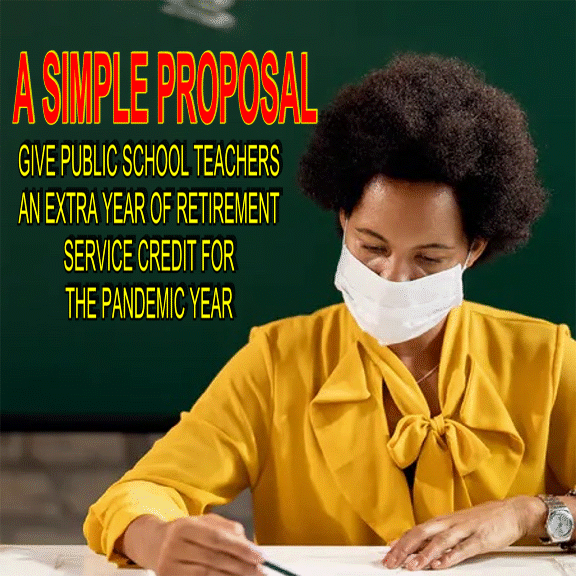New York City will no longer have a remote schooling option come fall, Mayor Bill de Blasio announced during a television appearance on Monday, a major step toward fully reopening the nation’s largest school system.
This school year, most of the city’s roughly one million students — about 600,000 — stayed at home for classes. When the new school year starts on Sept. 13, all students and staff will be back in school buildings full-time, Mr. de Blasio said.
New York is one of the first big cities to remove the option of remote learning altogether for the coming school year. But widespread predictions that online classes would be a fixture for school districts may have been premature. Gov. Philip D. Murphy of New Jersey announced last week that the state would no longer have remote classes come fall, after similar announcements by leaders in Connecticut and Massachusetts.
New York City’s decision will make it much easier to restore the school system to a prepandemic state, since students and teachers will no longer be split between homes and school buildings.
But the mayor’s announcement will no doubt alarm some parents who are concerned about sending their children back into school buildings, even as the pandemic ebbs in the United States. Recent interviews with city parents have shown that while many families are looking forward to resuming normal schooling, some are hesitant about returning to classrooms.
Nonwhite families, whose health has suffered disproportionately from the virus, have been most likely to keep their children learning from home over the past year. CONTINUE READING: N.Y.C. will eliminate remote learning for the fall, in a major step toward reopening. - The New York Times



































 William Doyle
William Doyle  Pasi Sahlberg As in-person classes begin, education administrators will presumably follow the
Pasi Sahlberg As in-person classes begin, education administrators will presumably follow the